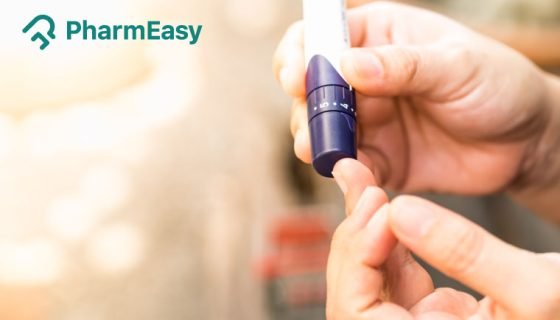Hypoglycemia, or low blood sugar, is a common concern for people with diabetes. It can happen when blood sugar levels drop too low, and if not recognized and treated promptly, it can lead to serious complications. In this blog post, we’ll explore everything you need to know about hypoglycemia.
Understanding Hypoglycemia
Hypoglycemia occurs when there isn’t enough glucose (sugar) in the blood to supply the body’s cells with energy. This can happen for a variety of reasons, including taking too much insulin or other diabetes medications, not eating enough, exercising too much, or consuming alcohol. Symptoms of hypoglycemia can include shakiness, weakness, dizziness, confusion, headache, and sweating. In severe cases, hypoglycemia can lead to loss of consciousness or even seizures.
Prevention and Management
The best way to prevent hypoglycemia is to closely monitor blood sugar levels and follow your diabetes management plan. This may include regular blood sugar testing, proper meal planning, and adjusting insulin doses or other medications as needed. It’s also important to stay hydrated and avoid skipping meals or going for long periods without food. When it comes to managing hypoglycemia, having quick-acting sugar sources on hand is crucial. This can include glucose tablets, hard candy, or fruit juice. If you experience symptoms of hypoglycemia, it’s important to act quickly by eating or drinking something that contains sugar to raise your blood sugar levels. It’s also a good idea to rest and wait for your blood sugar to return to normal before resuming activities.
Recognizing the Signs
Being able to recognize the signs and symptoms of hypoglycemia is essential. Pay attention to any changes in your body that may indicate low blood sugar, such as feelings of weakness, hunger, or unease. If you suspect you’re having a hypoglycemic episode, test your blood sugar levels immediately. Knowing your personal triggers for hypoglycemia can also help you take preventative measures. For example, if you tend to experience low blood sugar after exercising, you may need to adjust your pre-exercise meal or snack or reduce the intensity of your workout.
Seeking Medical Attention
If you experience severe hypoglycemia or if it doesn’t respond to treatment, it’s important to seek medical attention right away. Your healthcare provider can evaluate your condition and make any necessary adjustments to your diabetes treatment plan. They may also recommend additional strategies to prevent future episodes of hypoglycemia. Additionally, regular check-ups and communication with your healthcare team can help ensure that your diabetes management is on track and that any potential issues are identified and addressed promptly.
Conclusion
Hypoglycemia is a serious but manageable complication of diabetes. By understanding the causes, symptoms, and prevention strategies, you can take steps to keep your blood sugar levels stable and avoid the potentially dangerous effects of low blood sugar. Remember to always carry quick-acting sugar sources with you, monitor your blood sugar regularly, and seek medical attention when needed. With proper management and awareness, you can continue to live a healthy and active life with diabetes.
